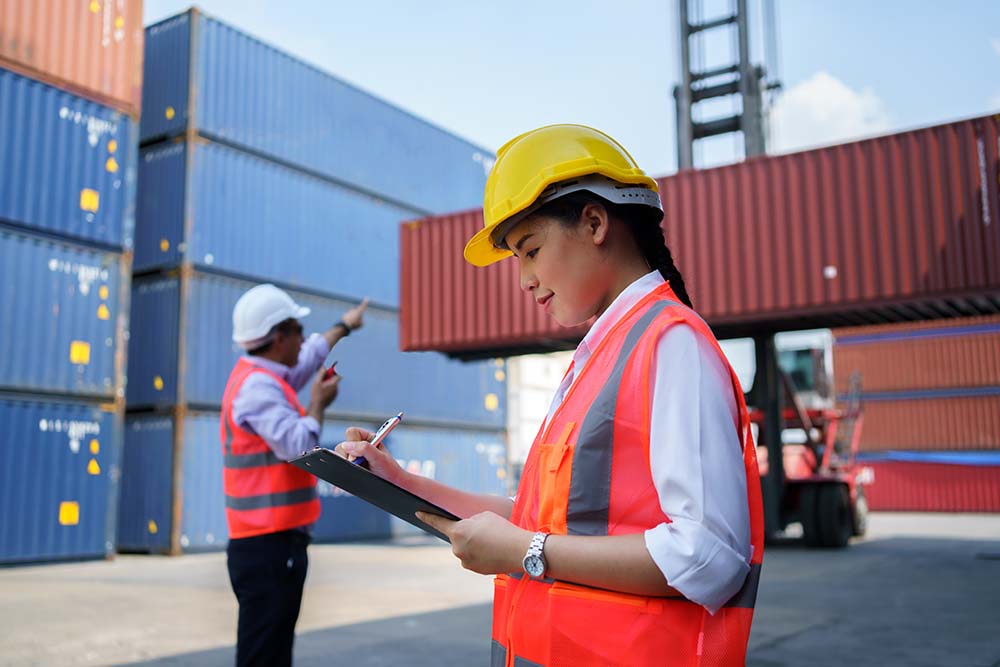What the Autumn Budget means for the logistics sector
04 Nov 24
Read more →

With the imposition of new customs controls on 1 January, HGV drivers have reported queueing for up to eight hours trying to get through customs controls at the French port of Calais. Logistics bosses have blamed the “terrible” Brexit red tape for this disruption.
These border delays increase the time in transit, causing the price of products to increase – potentially driving businesses out of the EU market. With stricter Brexit rules coming throughout 2022, businesses can expect more delays. Using a Transport Management System (TMS), you can streamline your infrastructure in preparation – reducing costs, monitoring real-time fleet progress and providing great, highly efficient, customer service.
As part of the post-Brexit trade arrangement, businesses that trade with the EU must now submit additional paperwork. Last year, full customs checks only applied to exports from the UK to the EU, while similar checks were essentially waived for imports to give businesses more time to prepare. Earlier this month, full customs checks for goods arriving from the EU also came into force.
Custom experts pin the border setbacks on the government’s new computerised system, which processes all imports from the EU through HMRC’s Goods Vehicle Movement Service (GVMS). Many drivers have been unable to get their reference codes accepted – alongside this, firms have also been struggling with the complex new customs declarations and rules-of-origin forms.
With these delays causing significant supply chain disruption, traceability is an essential prerequisite. A comprehensive TMS can facilitate the capability to keep track of flows, no matter where they are and alert end customers of shipments that are running early or late due to border formalities.

These are simply the first of many new importation checks, set to be introduced in 2022. From 1 July, we can expect a slew of changes in customs declarations including:
1 September 2022
1 November 2022
Imports of animal and plant products will be subject to sanitary and phytosanitary inspections beginning this summer:

The following certificates will be required:
Nearly a third of importers were unprepared for the changes at the end of last year, according to statistics from the Institute of Directors (IoD), and this lack of understanding will result in greater disruption and increasing congestion at ports. Transport software, like TrackTrans, can be used to draw up a transport plan according to various parameters. It can then be used to prepare for a series of alternative routes that are more efficient in terms of lead times, while also calculating the cost of any such change, ultimately helping you manage your logistics operations more effectively.
January is considered a ‘quiet period’ for logistics – yet with considerable queues already affecting customs controls, it’s safe to assume these delays will intensify further when business gets busier in February.
The consequences of Brexit are a genuine challenge for companies. They need to be anticipated and controlled by taking a precise inventory of your processes and organisational structure: a goal that can be achieved through the digitisation of your supply chain and the deployment of tools to optimise your transport and logistics operations.
TrackTrans’ TMS, WMS and ePOD solutions enable businesses to anticipate risks, reduce the cost of transport and limit the time that carriers spend waiting/negotiating costs.
Try our free demo today and keep your budget under control in an uncertain environment.
See how TrackTrans can be tailored to your business with no obligation. Simply complete the form and a member of our sales team will contact your directly.